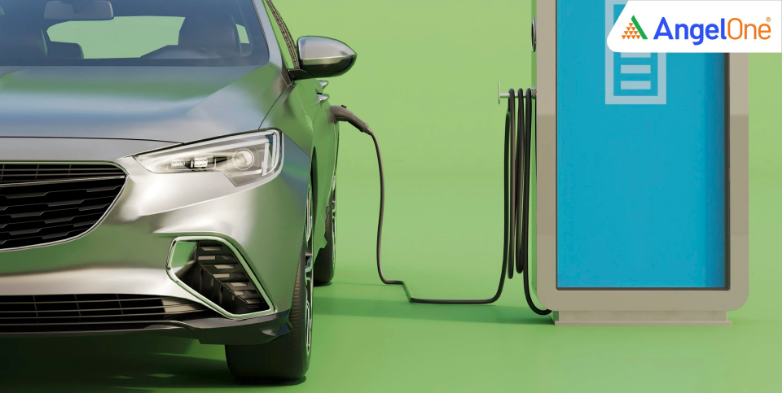
India’s top policy think tank, NITI Aayog, has laid out an ambitious roadmap to transform the country’s electric vehicle (EV) landscape by shifting focus from consumer incentives to mandates, disincentives, and strategic policy interventions.
In its latest report titled "Unlocking a $200 Billion Opportunity: Electric Vehicles in India", released on Monday, NITI Aayog emphasises the need to realign the national EV strategy especially in high impact segments like buses, trucks, and urban freight.
The Aayog has proposed a national electric vehicle policy with well-defined targets and phased mandates to accelerate adoption. This marks a significant policy transition from offering subsidies and incentives to enforcing regulations, disincentives for fossil-fuel vehicles, and mandates for specific EV segments.
The proposed approach includes:
NITI Aayog has recommended launching pilot programs in 5 urban areas to aim for 100% electrification of buses, freight, and paratransit vehicles. These cities would act as model ecosystems demonstrating scalable clean mobility strategies.
The report also stresses the importance of scaling financial solutions like blended finance facilities to enable smoother EV adoption by commercial fleet operators, a segment traditionally deterred by high upfront costs.
India has set a goal of achieving a 30% EV share in total vehicle sales by 2030. However, as of 2024, EVs only accounted for 7.6% of total vehicle sales, equivalent to 18.78 million units.
According to the report, achieving the 2030 target will require a 22% increase in EV penetration over the next 5 years, calling for aggressive policy action, industry participation, and infrastructure development.
With NITI Aayog calling for a nationwide EV policy and a shift toward mandates, several listed companies stand to benefit from increased adoption and supportive regulation. Key EV-related stocks to watch include:
Read More: Best EV Stocks in India in August 2025 Based on 5Y CAGR: BEL, Himadri, Tata Motors & More.
NITI Aayog’s proposed national EV policy outlines a clear shift in strategy to accelerate India’s electric mobility transition. With ambitious targets and focused recommendations, its success will depend on timely execution, industry collaboration, and supportive infrastructure development.
Disclaimer: This blog has been written exclusively for educational purposes. The securities mentioned are only examples and not recommendations. This does not constitute a personal recommendation/investment advice. It does not aim to influence any individual or entity to make investment decisions. Recipients should conduct their own research and assessments to form an independent opinion about investment decisions.
Investments in the securities market are subject to market risks, read all the related documents carefully before investing.
Published on: Aug 5, 2025, 9:21 AM IST

Neha Dubey
Neha Dubey is a Content Analyst with 3 years of experience in financial journalism, having written for a leading newswire agency and multiple newspapers. At Angel One, she creates daily content on finance and the economy. Neha holds a degree in Economics and a Master’s in Journalism.
Know MoreWe're Live on WhatsApp! Join our channel for market insights & updates
